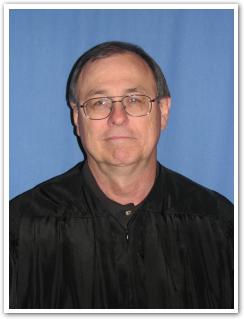If you're unemployed, you may not be able to afford a car: then how do you get to work even if you can find a job? As our own Industrial Authority's Community Assessment of last October said, we need public transportation to promote business by getting employees to jobs. T-SPLOST doesn't do that: it would widen more roads and build no public transportation.
Peter S. Goodman wrote for Huffington Post today, Unemployment Problem Includes Public Transportation That Separates Poor From Jobs
CHATTANOOGA, Tenn. — In the two months since he lost his job  driving a delivery truck for a door company, Lebron Stinson has absorbed a bitter geography lesson about this riverfront city: The jobs are in one place, he is in another, and the bus does not bridge the divide.
driving a delivery truck for a door company, Lebron Stinson has absorbed a bitter geography lesson about this riverfront city: The jobs are in one place, he is in another, and the bus does not bridge the divide.
Stinson lives downtown, where many of the factories that once employed willing hands have been converted into chic eateries. The majority of jobs are out in the suburbs, in the strip malls, office parks and chain restaurants that stretch eastward. Most of this sprawl lies beyond reach of the public bus system, and Stinson cannot afford a car.
The report Janus Economic did for VLCIA 11 October 2011, Community & Economic Assessment: Lowndes County says:
 There is a plan for a public transportation system in Valdosta-Lowndes County but it currently lacks funding for implementation. Under current budget constraints it will be difficult to implement such a project, but businesses in the industrial parks and outlying areas may want to implement a limited transportation system if they discover that employee attendance is an issue.
There is a plan for a public transportation system in Valdosta-Lowndes County but it currently lacks funding for implementation. Under current budget constraints it will be difficult to implement such a project, but businesses in the industrial parks and outlying areas may want to implement a limited transportation system if they discover that employee attendance is an issue.
That would be the plan for $7.5 million for a four line bus system that got cut first pass from the T-SPLOST project list, while widening a few miles of Old US 41 North got raised from $8 million to $12 million and is still in the final list.
T-SPLOST would promote more sprawl of exactly the kind we don't need. Let's not do that.
-jsq
 The
KLVB presentation told us up to three states dump in
the Pecan Row Landfill in Lowndes County,
for which the county gets some unspecified amount of tipping fees,
which go to fund KLVB.
An appointment to
KLVB was added to the agenda,
although nobody deigned to reveal who was “that individual that has
requested to serve on that board”.
The
Homeland Security grant application turned out to be for defibrillators.
The
KLVB presentation told us up to three states dump in
the Pecan Row Landfill in Lowndes County,
for which the county gets some unspecified amount of tipping fees,
which go to fund KLVB.
An appointment to
KLVB was added to the agenda,
although nobody deigned to reveal who was “that individual that has
requested to serve on that board”.
The
Homeland Security grant application turned out to be for defibrillators.












